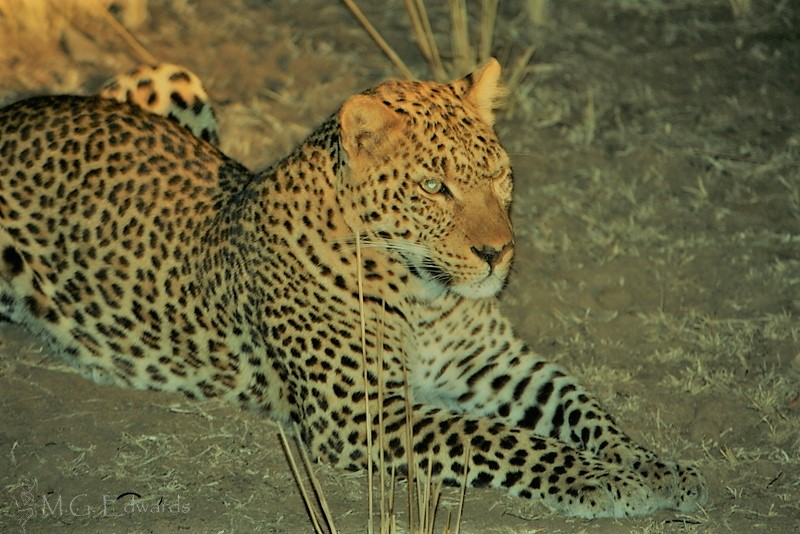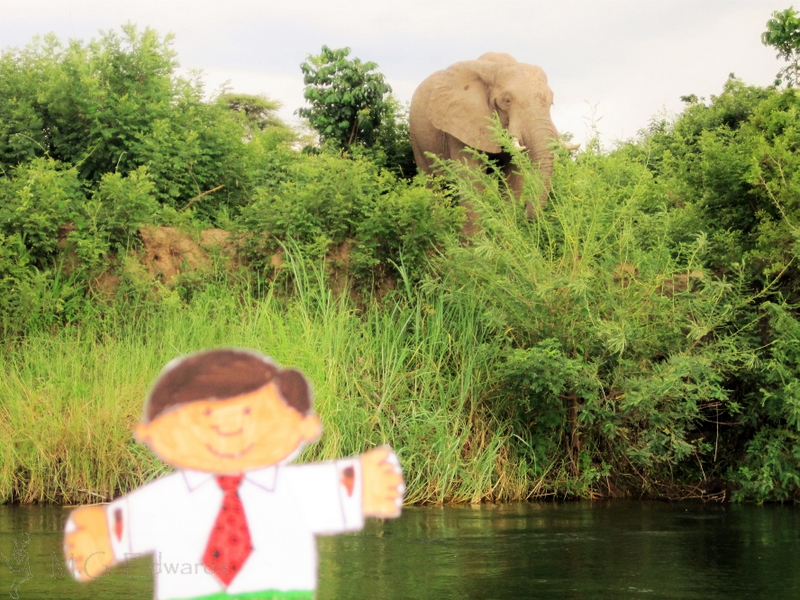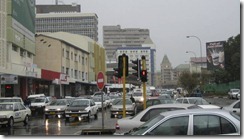I crossed into Mozambique and was confronted by a gaggle of men hanging out near my vehicle. I was a bit apprehensive entering Mozambique for several reasons. My Portuguese consists of “Nao fallo Portugues” (I don’t speak Portuguese), and English and Spanish language skills are of limited use in an area dominated by Portuguese and indigenous languages. The Mozambican side of the border was far busier than either Malawi’s or Zimbabwe’s and primarily consisted of bus passengers stuck at terribly slow border crossings waiting to transit to or from Malawi or Zimbabwe. Central Mozambique is a transit destination for most people, not a destination. A helpful Mozambican gentleman helped me navigate the immigration and customs bureaucracy amidst a throng of people. I made sure he knew I did not have any money to pay him, and he nodded in understanding. I appreciated his assistance and would have been glad to repay the favor if we ever crossed paths again.
Crossing land borders in southern Africa is a “fairly” standardized process – just fill out small entry/exit immigration forms, hand over your passport and immigration form to be processed and stamped, proceed to customs, sign a big “guest book,” and then haggle with customs over getting your vehicle in and out of whatever country you’re in. Pay whatever processing fees and taxes are required and then obtain a form that allows you to drive through the entry/exit gate. It’s not always quick and painless. In my own experience, Zimbabwean customs has been more of a hassle than other countries’ customs regimes. At the Zimbabwean-Mozambican border a plainclothes Zimbabwean manning the gate tried to coerce me into visiting Zimbabwean police camped out next to the gate to “make sure my vehicle isn’t stolen.” This was obviously an attempt to extract a bribe. I politely but firmly told him that customs had already registered my vehicle in Zim and that my vehicle was legally registered in Zambia. I told him that he could not legally hold me at the border, smiled an “OK, you got me” smile and lifted the gate for me. I drove on without further incident. It reminded me that at times at border crossings you need to be assertive and not let pseudo-officials con you into an awkward situation that leaves you cornered and/or forced to pay a bribe.
Central Mozambique was fascinating. Save the bustling regional capital city of Tete, the region felt isolated and disconnected from the outside world. I saw nary a single tourist or muzungu except for a local in Tete who was of mixed Portuguese descent. The local culture is similar to what you find in neighboring areas inside Zambia. The towns are small with clusters of circular rondavels and block houses interspersed with small fields, paths and trees. As I headed west, I saw more and more baobab trees, which, along with the acacia tree, is one of the staples of the African landscape. The distinctive baobab trees accentuated the quaintness of the villages. I enjoyed watching the locals as a drive-by tourist, snapping a few photos now and then to capture the trip for my memory banks. I am one of the lucky few to have had my own vehicle. Most vehicles I saw on the road in central Mozambique were transporting products such as fuel to market. A few others were private vehicles or motorcycles owned by the lucky ones with wealthy. Some were trucks that served as makeshift mass transit transporting villagers to nearby towns. Undoubtedly these drivers were making a killing selling rides for a few metacais (the Mozambican currency).
From my experience in neighboring Zambia, I drew a mental picture of what life must be like in rural Mozambique. Work all day in the fields, children spending most of their time doing supplemental work like carrying water. No electricity means that entertainment consists of playing with whatever makeshift toys can be fashioned, and cooking is done using wood-cured charcoal. In the center of it all stands the church (or mosque) beckoning worshippers to take breaks from life and give time to God. As the dry season drags on, the locals undoubtedly pray more frequently for rain to ensure they have enough drinking water and abundant crops, mostly maize (corn).
Journey from Malawi to Zimbabwe via Mozambique




